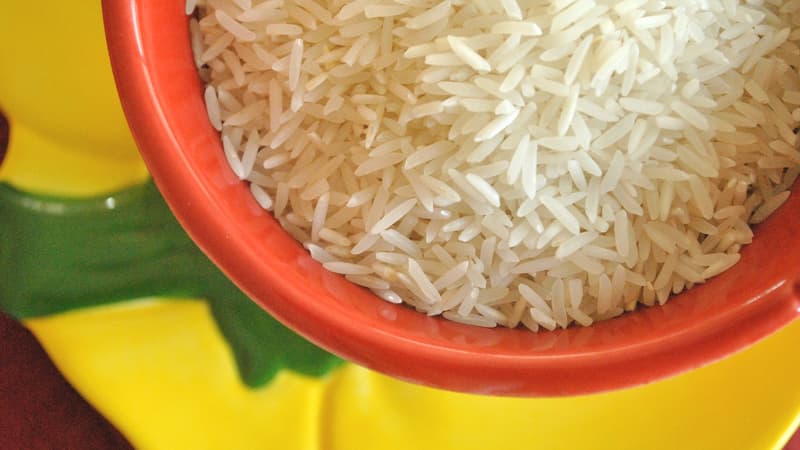The Japanese prime minister announced on Friday a financial assistance of 20,000 yen (around 139 euros) per person, doubled for children, to support homes confronted with inflation, a few weeks before the senatorial elections were scheduled for July.
He promised an aid of “20,000 yen for each Japanese citizen”, to which additional 20,000 yen will be added, or 40,000 yen (around 278 euros), for each child and for low -income homes.
The popularity of the head of government has fallen to its lowest level since it came to power last October. Japanese media partly attribute this decrease in the jump of inflation and flight prices.
An flammable issue that cost a minister
The subject “rice” has become politically sensitive and has even cost its place to the Minister of Agriculture. While the Japanese pay the cereal at a high price, I had easily confessed that “I had never bought rice because my followers give me so much that I could practically sell it.” A statement that caused a fuss to the population and had led him to resign.
As the elections for the upper room of Parliament in July and in the context of consumers who have faced persistent general inflation (+3.5% in April), the prime minister promised this financial impulse.
A cost of 18 million euros
The measure, whose cost is estimated at more than 3,000 billion yen (more than 18 million euros), is among the main electoral promises of the Democratic Liberal Party (PLD) in power, said Shigeru Ihiba, head of government.
Given the criticism, accusing him of clientelism, Shigeru Ihiba defended himself by saying that this program would not be funded by the issue of new state obligations.
“We must avoid any additional deterioration in public finances and make sure they do not have the burden of future generations,” he said, promising “appropriate” funds for this measure.
Source: BFM TV


